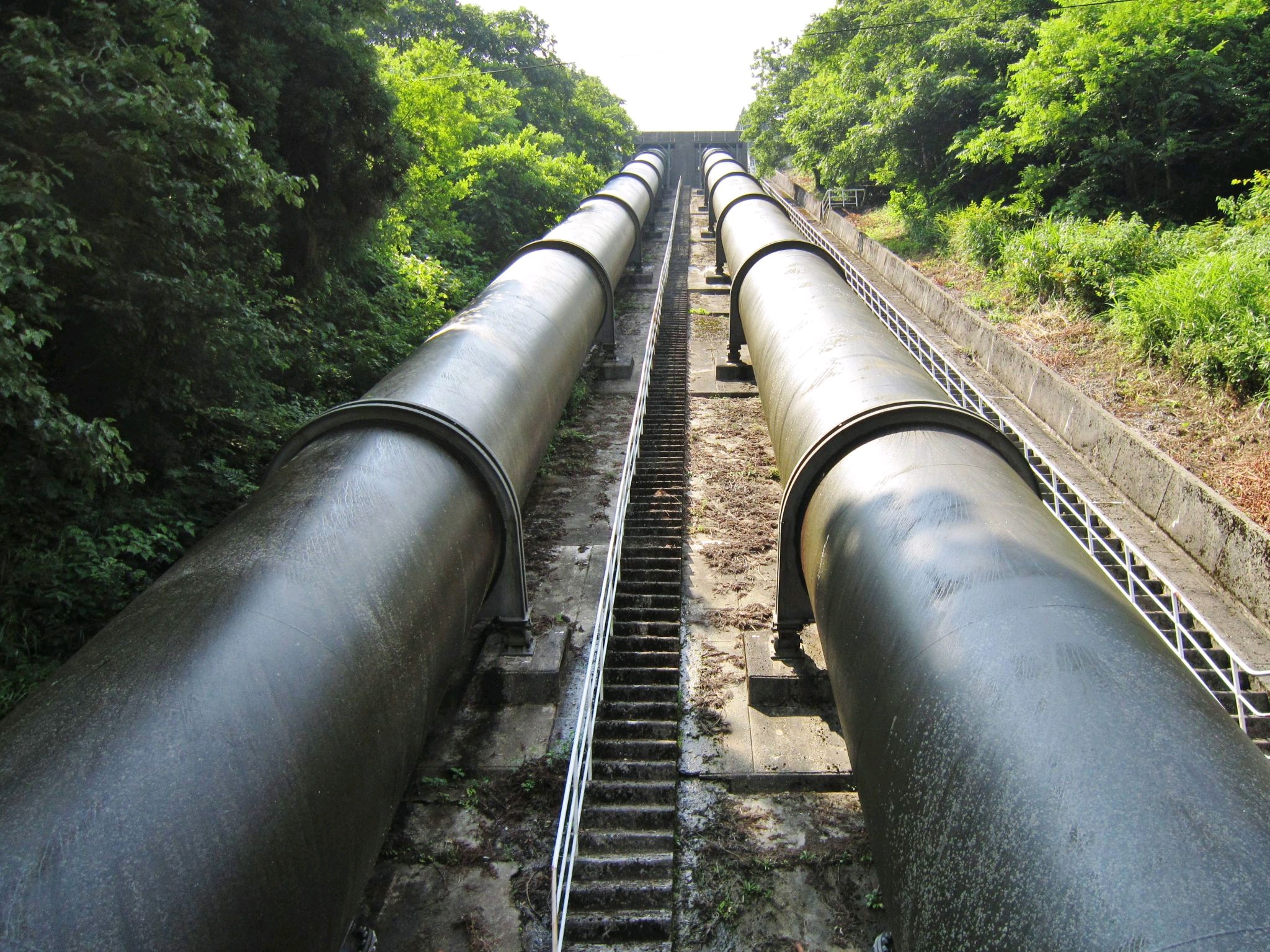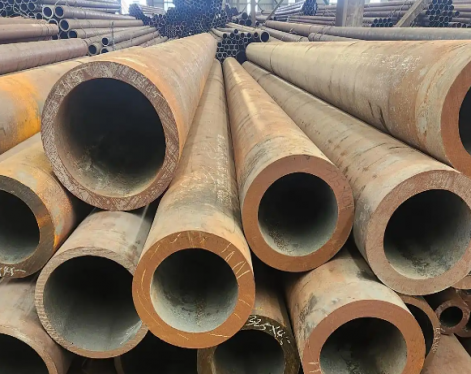
| Project introduction: An oil pipeline with a total length of more than 40 kilometers established in the Niger Delta region of Nigeria |
| Location Nigerian Product Value US$853,610.00 Product Details Seamless pipe, SSAW Contract No. Nansteel202208105085 Date 08.2022 |
The construction of oil pipelines requires adherence to various principles to ensure safety, environmental protection, and operational reliability. Some key principles that should be followed in oil pipeline construction include: Compliance with Regulations: Adhering to local, national, and international regulations and standards is crucial to ensure the safe construction and operation of oil pipelines. This includes compliance with environmental regulations, safety codes, and construction standards specific to the oil and gas industry. Route Selection and Environmental Impact: Careful consideration of the pipeline route is essential to minimize environmental impact and avoid sensitive areas such as wetlands, water bodies, and densely populated areas. Environmental impact assessments and consultations with relevant stakeholders are critical in this phase. Material Selection and Quality Control: Using high-quality materials(such as high quality seamless pipe and SSAW pipes) that meet industry standards and conducting rigorous quality control during manufacturing, transportation, and installation of pipeline components is essential to ensure the integrity and longevity of the pipeline system. Safety Protocols and Risk Mitigation: Implementing robust safety protocols, including comprehensive risk assessments, emergency response planning, and personnel training, is imperative to mitigate potential hazards associated with pipeline construction and operation. Construction Techniques and Integrity Management: Employing proven construction techniques, such as welding, trenching, and coating application, while integrating effective integrity management systems to monitor and maintain the pipeline's structural soundness throughout its lifecycle. Stakeholder Engagement: Engaging with local communities, landowners, indigenous groups, and other stakeholders throughout the construction process to address concerns, provide information, and establish positive relationships is vital for successful pipeline projects. Environmental Restoration and Monitoring: Implementing measures for environmental restoration post-construction, as well as establishing ongoing monitoring programs to assess the pipeline's impact on the surrounding ecosystem. By adhering to these principles, oil pipeline construction can prioritize safety, environmental responsibility, and long-term operational reliability, facilitating the sustainable development of energy infrastructure. |









